By fleeing war, they were greeted by the German bureaucracy, facing legal uncertainty
After dramatic evacuation from Afghanistan, many former associates of German organizations are struggling with bureaucratic hurdles with unclear legal status.
Friday, 22.10.2021.
22:29

By fleeing war, they were greeted by the German bureaucracy, facing legal uncertainty
They face with legal uncertainty, while their legal status remains unclear."It was really disastrous," Abdul said of his first hearing. For years, that Afghan worked in Kabul for German institutions. He speaks excellent German. When he had to flee the Taliban in August, he hoped to be welcomed in Germany. However, he encountered difficulties.
"I was wondering, am I really in the Federal Republic of Germany?" says Abdul, a former translator of the German army in Afghanistan.
He was especially shocked that only four weeks after the German army evacuated him from Afghanistan by plane, he was called to the Migration Office.
It was in Hamburg where he lived in refugee accommodation. Local associates of German organizations - as promised by the Bundeswehr - will receive a residence permit in Germany for up to three years "for humanitarian reasons".
As he was told, he will be able to work immediately and will receive social assistance. That is what Article 22 of the German Residence Act stipulates.
Documents that no one wants to see
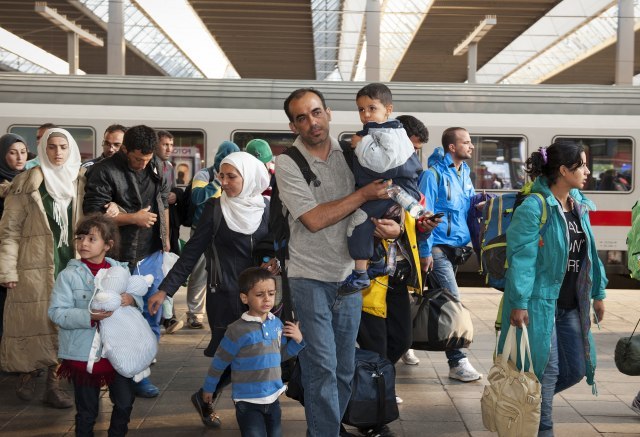
He doesn't want to reveal the name of the institution until his case is resolved. And he doesn't even want his real name to be published.
He took employment contracts and other documents with him when he was invited to the Office for Foreigners. But those documents, says that kind young man, never interested anybody. Instead, they told him to apply for asylum.
There is no asylum procedure at all for local associates of German organizations.
In addition, they have much less rights in that case. The asylum procedure takes months, sometimes years. Until the final decision, the applicant must not work, nor can he bring his family to Germany. And above all, asylum applications for Afghan women and men are not currently being decided at all due to the situation in that country.
Thousands of requests have yet to be processed.
"Nobody wanted to listen to me"
When Abdul mentioned that he was a local associate of German organizations, he said, he was put under pressure.He was warned that he would lose his accommodation in the refugee home if he insisted on a residence permit for humanitarian reasons. "In such a situation, taking away someone's accommodation really means a complete disaster," says Abdul.
He eagerly tried to explain his situation - in German and with the help of the documents he brought with him - "but no one listened to me". On the paper they gave him, he was told in black and white that he was not recognized as a local associate.
He showed the document to DW.
"It was a very difficult moment for me."
Abdul called his former employer who then intervened at the Foreigners Office. The next day the matter was rectified, says Abdul. He was struck by the fact that only thanks to good connections and excellent knowledge of German could he prevent himself from being pushed into the asylum procedure.
And that cast a shadow over the positive image he had of Germany.
Dispute within the government
Until a few weeks before the Taliban took power, the German ministries of defense, interior, development aid and foreign affairs had not yet reached an agreement on who could be recognized as a local collaborator.First of all, those who have worked for German institutions in the last two years are included here. It was only in mid-June that the Ministries of Defense and Interior expanded the circle of local associates to those who had worked for them since 2013.
The other two ministries did not accept that, because they wanted to keep their local associates in Afghanistan for future cooperation. The federal government underestimated the danger posed to these people by the Taliban.
Thus, many vulnerable people were given help too late.
Everyone should went through thorough check
But there are also obstacles for those who have arrived in Germany.The Federal Institution for Migration and Refugees (BAMF) said at the request of DW that all Afghans must be checked whether they were local collaborators.
Anyone who is not recognized as a local associate must apply for asylum so that he can stay in Germany even after 90 days (the visa they received at the airport or the German embassy in Pakistan is valid).
It is a special visa issued only to check the status when they arrive in Germany. This caused confusion for some, because they expected that, when they came to Germany, they would automatically receive a multi-year residence permit.
They later learned that it must first be clarified whether they were local collaborators or they had to apply for asylum. Some, however, were invited to submit the request even before it was checked whether they were local associates. One of them is Mohamad. He was evacuated by the Bundeswehr with his family from Kabul, he says on the phone and via Whatsapp.
Mohammad, who is actually called differently, currently lives in refugee accommodation in northern Germany. In early September, he received a letter from the BAMF to apply for asylum. "During a brief hearing at the airport, you did not state that you worked for a German organization in Afghanistan."
That is why he cannot get a residence permit as a local associate, he was told.
Who is a local associate?
For Mohammad, it was a shock.“I was a local associate,” he says. From 2019 to 2021, he worked for the German Society for International Cooperation (GIZ). He also submitted a letter to the DW editorial office, i.e. a certificate issued by the manager of one project. It says that he worked for the German Development Agency (GIZ) as an advisor.
However, he was still employed in an Afghan company, so it is not clear whether he is, according to the definition of the German government, a local associate. A local associate is considered to be someone who has worked for one of the German ministries or one of the institutions since 2013.
Many Afghans, however, worked through Afghan subcontractors. Mohammad is now wondering if it is wise to apply for asylum, because the visa expires after 90 days. Asylum experts warn that anyone who submits an asylum application, and may later withdraw it because he is recognized as a local associate, can get into an awkward situation.
"If you withdraw the request, then you are in Germany illegally until the end of the proceedings. You would have to leave Germany."
Should Afghans want to withdraw their asylum application and switch back to the humanitarian track, they would no longer be legally entitled to stay in Germany, Peter von Auer from the German human rights organization Pro Asyl told DW. In other words, their stay in Germany would be illegal.
BAMF: Asylum application without coercion
The German Federal Institution for Migration and Refugees denies that Afghan women and men are being pressured to apply for asylum.He admits that they sent letters, but only to "inform them about their rights". "The federal institution only pointed out the possibility of the procedure for obtaining asylum," it is stated in the announcement sent to the DW editorial office. It is added that submitting an asylum application is a "voluntary option".
The Federal Institution for Migration and Refugees is responsible for resolving the status. But research conducted by DW shows something else. Afghan associates of a foundation close to a German party were invited by the BAMF to apply for asylum, even though they were by definition local associates.
Other Afghans, according to DW, were also invited to submit a request before it was clarified whether they had the status of a local associate.
"We'll throw you out on the street"
This is confirmed by a video recorded on September 22, which was submitted to DW, and which is also shared on social networks.In it, an associate of the city authorities in Eisenhüttenstadt tells Afghans that "they are not one hundred percent recognized as local collaborators", that this will be checked - and adds: "If you say today that you will not initiate the asylum procedure, the following will happen: we will throw you (…) out on the street.
BAMF also denied that, claiming that no one is forced to submit a request.
A game of nerves
Uncertainty burdens Afghan local associates in Germany.The ongoing uncertainty is weighing heavily on the Afghans in Germany.
Abdul, the young man with the almost flawless German, told DW he couldn’t sleep and was constantly worried. So far, he has only been informed that he can stay in Germany until his status has been decided.
Two months after arriving in Germany, he still does not have a residence permit.
He was only promised that he could stay in Germany even after the expiration of 90 days - until the end of the procedure.
“That is something I have to live with," he wrote in a Whatsapp message.
Then, he told DW his unexpected good news: He had just received confirmation that his family, including his young child, would be flown to Germany the next day. And that, he says, is all that counts.













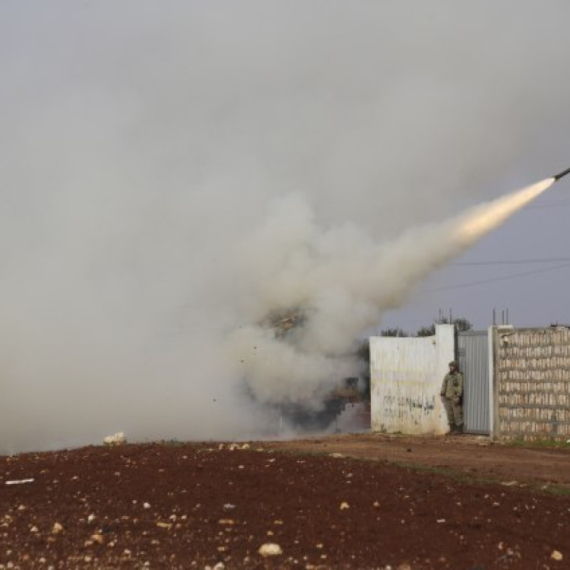



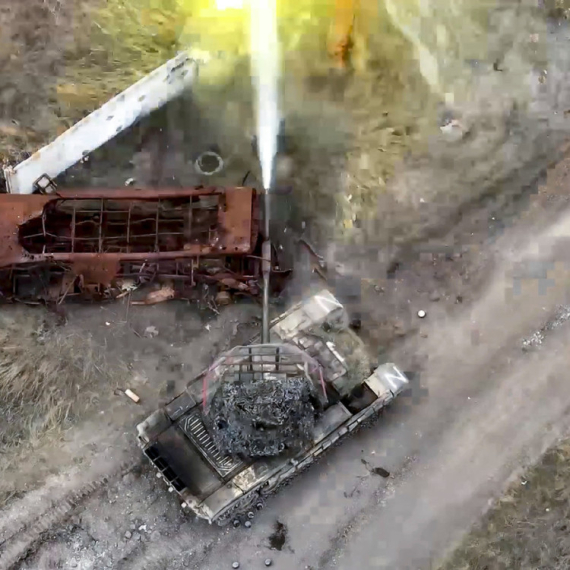





















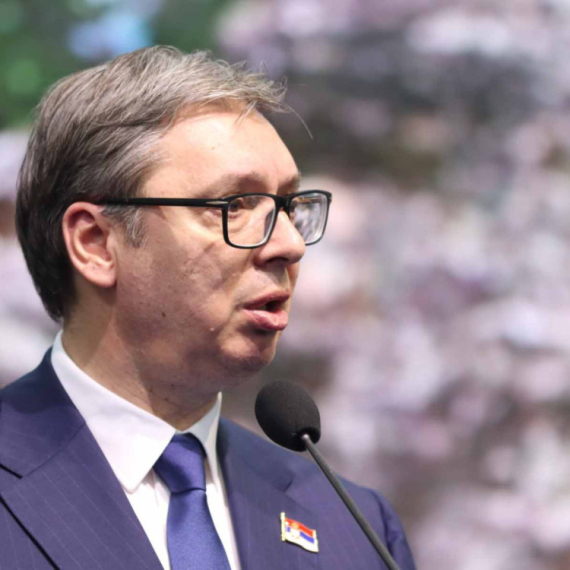


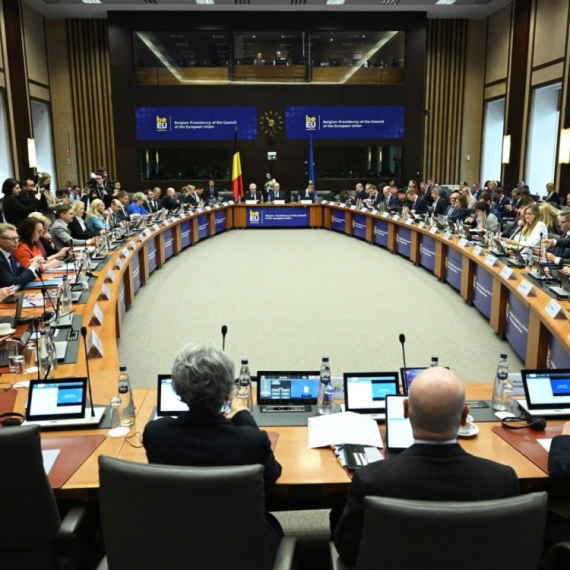
















Komentari 0